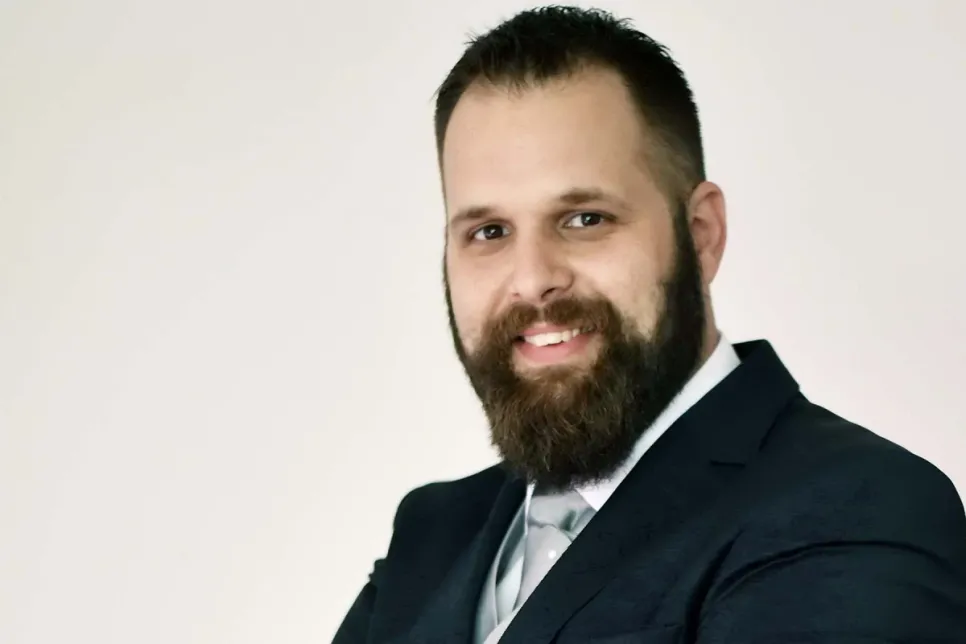Liberty Global Signs Google Cloud AI Deal
Liberty Global and Google Cloud signed a five-year, wide-ranging partnership to deploy Gemini AI models and cloud tools across the provider’s European footprint.

You are bothered by Chat Control. I see it at every forum, I read it in every discussion, and I feel the nervousness of colleagues who shy away from the idea that someone could peek into their private messages. Even lifestyle magazines, daily newspapers, influencers, conspiracy theorists... And I understand you. But, let me ask you something: if you are bothered by Chat Control, why don't you mind the backdoor and not a word about it for years?
Why was there a fuss when Brussels proposed a regulation that would allow the scanning of messages under the pretext of protecting children, and not the same noise when cases were discovered that software and hardware manufacturers left or intentionally inserted back doors? One is at least formally the subject of debate in the European Parliament, while the other is silently gaping in millions of devices, waiting to be used by someone much more dangerous than the legislator.
Because Chat Control, as controversial as it is, at least goes through a democratic process. It is visible, accessible to the public, subject to amendments and criticism. Backdoor, on the other hand, doesn't ask anyone anything. It is a hidden passage that has existed for years, imperceptible and untouchable, until someone discovers it, and then it is too late. He is not only used by the police and the services that may have been looking for him. He serves everyone. Both criminals and states that are not friends, and hackers eager for fame or money.
Remember Apple and the FBI. When the US agency asked Apple to weaken the iPhone so that it could get the suspect's data, Apple said no. Because once you open the back door, you can never close it again. Or remember Juniper's firewalls – for years, the traffic of millions of networks was "guarded" by a door that someone intentionally left open. This is not a hypothetical threat. That's the reality.
And that is why I cannot escape the impression that today, under the guise of protecting children from sexual abuse, a goal that no normal person can deny, they are trying to leave space for the surveillance of all communications. It's not just about protecting children. It's about normalizing the idea that privacy is a bargaining chip. Today it is the messages of pedophiles, tomorrow the communication of terrorists, the day after tomorrow the politically unsuitable. The boundary moves once and is gone.
And this is not the first time that the world has witnessed such shifts. Remember ECHELON. The "Five Eyes" alliance has denied the existence of a global electronic surveillance system for decades. And then it turned out to be true, they intercepted satellite and telephone communications, filtered them through keywords, and analyzed them in secret centers scattered around the world. There was a parallel world where your privacy was just an illusion. If ECHELON was the forerunner of PRISM and all today's mass surveillance systems, what prevents Chat Control from becoming its sophisticated European version, but this time legalized?
Let's not forget the broader context. While the United States shapes global rules through its tech giants, and Asia dominates hardware and innovation, Europe has neither. It remained inferior, technologically backward. And that's why he defends himself with the only weapon he has by regulation. GDPR, CRA, and now Chat Control it is the European answer to the American Google and the Chinese Huawei. But rules are not a substitute for the ecosystem. Regulation can be a shield, but it does not build trust or innovation.
And a message is sent to citizens: "Your messages will be scanned, but trust us, it's for your good." How can we trust if there is no European alternative to which we can hand over our data? How can we believe it if history, from ECHELON to the Snowden revelations, teaches us that any surveillance infrastructure has always been used more broadly than originally promised?
In Russia, the state has obliged manufacturers that each device must have a pre-installed domestic application on each device. On paper, and this is for the "protection" of citizens. In reality, this is the crudest intrusion into freedom of communication. Although the EU is not Russia and although everything goes through a democratic process, the feeling among citizens is similar: someone must impose a technical control mechanism on you. And that's where the difference ends.
The fight against child abuse is a sacred duty. But the way Europe has chosen to approach this problem shows a deep weakness. If the only way we can protect our children and citizens is to undermine everyone's security and privacy, then have we really protected anything? Or have we just opened the door for everyone, friends and foes, to enter when they want?
If you are bothered by Chat Control and need to be bothered, then you must also be bothered by the backdoor. Because at least you can see Chat Control, and you can dispute it. You don't see the back door. It's already there, maybe in your phone, maybe in your company's network, maybe in the devices of your hospital or power plant. He does not ask for permission. He knows no boundaries.
Security and digital sovereignty are not built by regulations, but by technologies that people can trust. And Europe, if it does not find its own way, runs the risk that its rules will one day look more like those of those it wants to oppose.